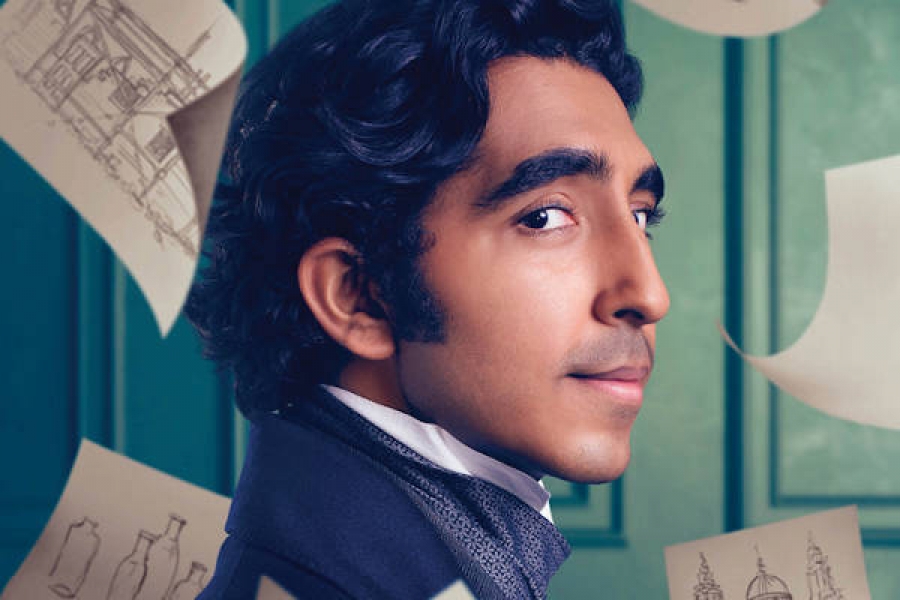The Magician’s Elephant
by George Wolf
Anything is possible, just believe in your dreams.
That’s a fine moral for The Magician’s Elephant. But much like the film itself, it’s a bit generic and less than memorable.
Based on the children’s book by Kate DiCamillo, this Netflix animated adventure takes us to the land of Baltese, where strange clouds have rolled in and “people stopped believing.” Young orphan Peter (voiced by Noah Jupe) is being raised by an old soldier (Mandy Patinkin) to live a soldier’s life, which will be hard because “the world is hard.”
It gets harder when Peter uses meal money for a fortune teller (Natasia Demetriou) to tell him how his long lost sister can be found. The soldier told Peter the girl died at birth, but that’s not what he remembers, and a palm reading confirms that she is indeed alive.
To find her, Peter must “follow the elephant.”
But there are no elephants in Baltese, at least until a desperate magician (Benedict Wong) makes one fall from the sky. And after the magician and the elephant are both locked up for causing trouble, Peter begs the King (Aasif Mandvi) to let him care for the beast, as it is “only guilty of being an elephant.”
The King agrees, providing Peter can complete three tasks. Three impossible tasks.
Ah, but remember, nothing is impossible!
Director Wendy Rogers (a visual effects vet helming her first feature) and screenwriter Martin Hynes have plenty of threads to juggle, from animal cruelty to the costs of war to a Dickensian twist of fate. The resulting narrative ends up feeling overstuffed and convoluted.
The muted coloring no doubt reflects the village’s cloudy atmosphere, and the stiff animation may be intended to recall a children’s popup, but there is little in the film’s aesthetic that is visually inspiring.
Mandvi and Patinkin are the most successful at crafting indelible characterizations, while the rest of the voice cast (also including Brian Tyree Henry and Miranda Richardson) manages workmanlike readings that neither disappoint or standout.
Same for the film. The Magician’s Elephant pulls plenty from its crowded hat, but has trouble conjuring anything that is truly magical.





